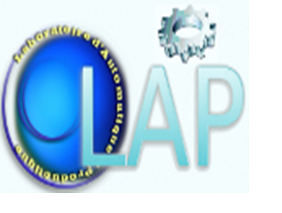Citation:
Abstract:
Deep learning techniques have recently brought many improvements in the field of neural network training, especially for prognosis and health management. The success of such an intelligent health assessment model depends not only on the availability of labeled historical data but also on the careful samples selection. However, in real operating systems such as induction machines, which generally have a long reliable life, storing the entire operation history, including deterioration (i.e., bearings), will be very expensive and difficult to feed accurately into the training model. Other alternatives sequentially store samples that hold degradation patterns similar to real ones in damage behavior by imposing an accelerated deterioration. Labels lack and differences in distributions caused by the imposed deterioration will ultimately discriminate the training model and limit its knowledge capacity. In an attempt to overcome these drawbacks, a novel sequence-by-sequence deep learning algorithm able to expand the generalization capacity by transferring obtained knowledge from life cycles of similar systems is proposed. The new algorithm aims to determine health status by involving long short-term memory neural network as a primary component of adaptive learning to extract both health stage and health index inferences. Experimental validation performed using the PRONOSTIA induction machine bearing degradation datasets clearly proves the capacity and higher performance of the proposed deep learning knowledge transfer-based prognosis approach.
